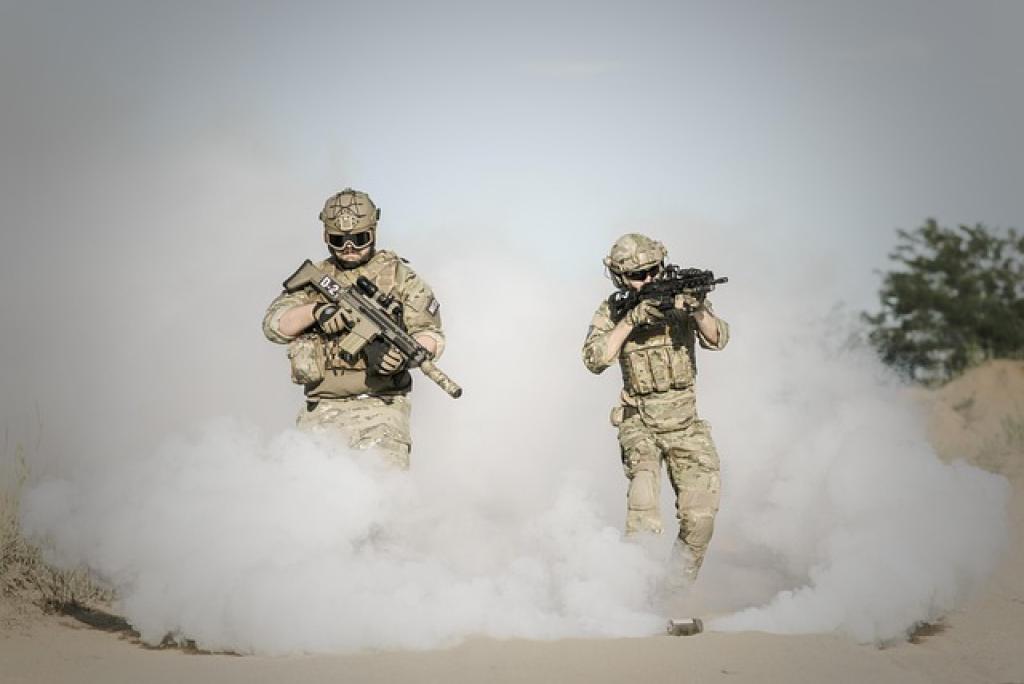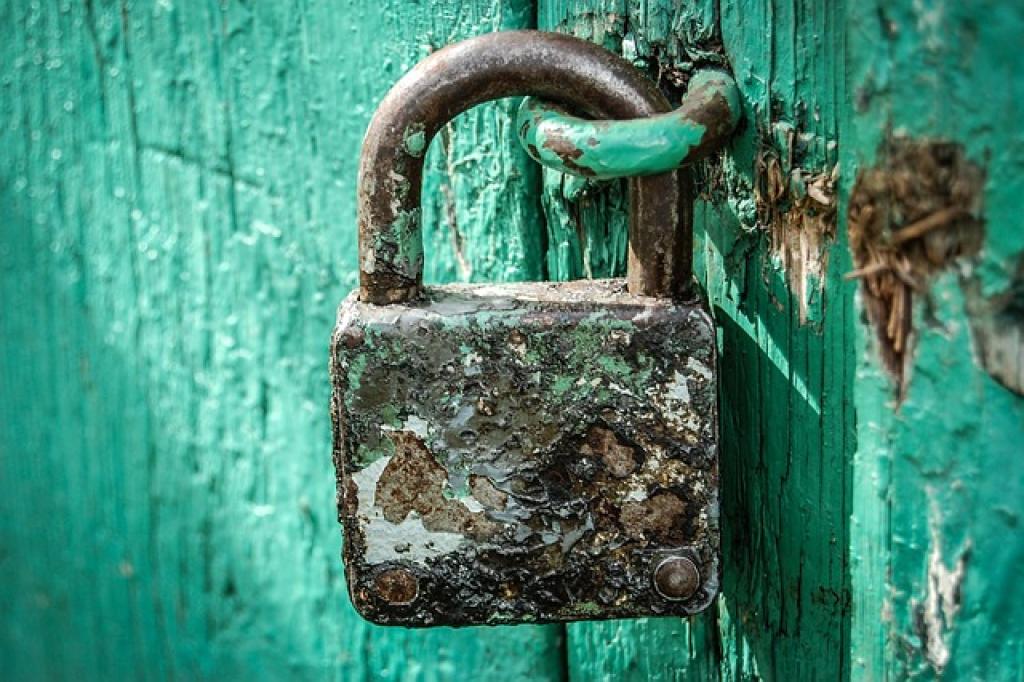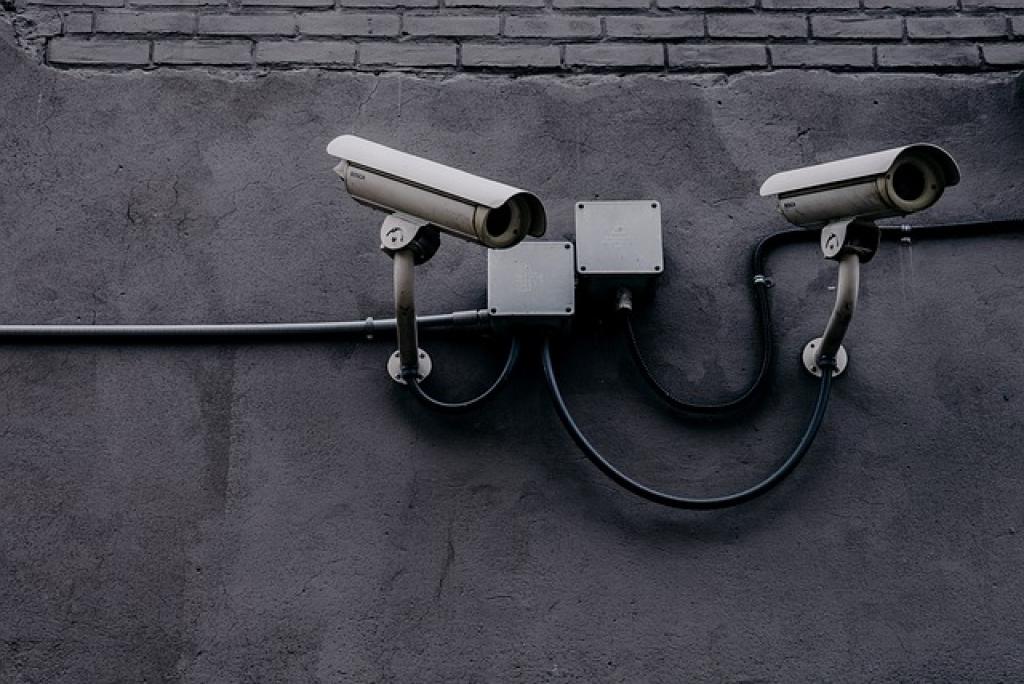
Maximizing Safety: How Security Guards Assist with Conflict De-Escalation in Diverse Environments
In today’s rapidly changing world, safety is more than just a fundamental need—it’s a priority. Whether it’s at a bustling shopping mall, a busy office building, or a crowded public event, conflict can arise in the blink of an eye. When tensions escalate, the outcome often depends on the presence of skilled individuals who know how to defuse situations effectively.
Security guards play a pivotal role in conflict de-escalation across various settings. Their training equips them with the tools to remain calm under pressure and use communication as a key strategy to prevent disputes from spiraling out of control.
With sensitivity to the nuances of diverse environments, security personnel tailor their approach to address specific challenges, ensuring safety and peace for everyone involved. By understanding cultural differences and harnessing emotional intelligence, they work toward sustaining an atmosphere where dialogues can turn heated moments into opportunities for resolution.
As we explore the impact of security guards in maintaining tranquil environments, it becomes clear how indispensable they are in our communities. Their crucial intervention defuses potential threats and fosters a sense of safety, making them unsung heroes in our everyday lives.
Understanding Conflict De-Escalation Techniques
Conflict de-escalation is a sophisticated blend of art and science, requiring a deep understanding of human behavior and communication. Security guards are trained in various techniques that can transform a potentially volatile situation into an opportunity for calm resolution.
At the heart of de-escalation is active listening. By giving individuals a chance to voice their concerns, security personnel can often reduce hostility and tension. It’s all about making people feel heard and validated, which can significantly lower stress levels.
Non-verbal communication is another powerful tool. Maintaining an open, approachable posture and ensuring eye contact can promote a sense of trust and safety. These subtle gestures often speak louder than words, conveying respect and empathy in sensitive moments.
Furthermore, clear and calm verbal communication is crucial. By using simple language and a steady tone, security guards can effectively guide people towards a more peaceful state. Avoiding confrontational language goes a long way in diffusing heightened emotions.
Each situation is unique, requiring careful assessment and adaptability. Security guards leverage their understanding of diverse environments to implement the most suitable techniques, ultimately prioritizing safety and harmony. These skills are invaluable, exemplifying their critical role in conflict resolution across all areas of society.
Key Role of Security Guards in Preventing Escalation
Security guards are the frontline defenders when it comes to maintaining peace and order. Their presence alone can act as a powerful deterrent, stopping potential conflicts before they even begin.
The Power of Presence
A uniformed guard projects authority and assurance, often enough to discourage individuals from engaging in disruptive behavior. This visible security presence reassures the public and fosters a safe environment where conflict is less likely to surface.
Beyond mere presence, security guards are trained to read the atmosphere. They are adept at identifying early warning signs of tension and can promptly intervene before issues escalate. By addressing minor grievances early, they can prevent larger conflicts from developing.
Strategic Engagement
By engaging individuals in a respectful and non-threatening manner, security guards can subtly defuse situations without exacerbating emotions. This proactive approach ensures that potential issues are managed with care and precision.
Effective prevention strategies also involve creating strong relationships with those in the community. Familiarity and trust between security personnel and the community they serve can significantly enhance the likelihood of peaceful resolutions.
In essence, security guards are more than just peacekeepers; they are crucial in ensuring that peace prevails. Their proactive measures in preventing escalation highlight the indispensable contribution they make to safety in diverse environments.
Adapting De-Escalation Strategies to Various Scenarios
Diverse environments require tailored approaches to conflict de-escalation. A security guard’s ability to adapt their strategies to fit the context of a situation is crucial for maintaining peace effectively.
In a corporate environment, for example, conflicts might stem from workplace stress or misunderstandings between colleagues. Here, a diplomatic approach that emphasizes clear communication and mediation can help restore harmony.
In contrast, a public space like a shopping center may require quick assessment of emotions among larger groups. Security personnel need to manage crowd dynamics effectively, using a calming presence and efficient information gathering to address issues swiftly.
Events with cultural or social significance bring another layer of complexity. Security guards must be culturally sensitive, understanding specific customs and norms to avert misinterpretations that could lead to conflict. By recognizing these nuances, they create an environment of mutual respect and understanding.
Each scenario demands a unique blend of skills to ensure positive outcomes. The ability to pivot between different de-escalation tactics not only showcases the guard’s expertise but also highlights their essential role in fostering safety across diverse settings. Their adaptability ensures that they are always ready to address challenges, no matter the scenario.
Effective Communication As a Tool for Diffusing Tension
Effective communication stands at the forefront of conflict resolution. Security guards leverage this tool by employing clear, empathetic dialogue to calm potentially volatile situations.
The Art of Listening
One of the critical aspects of communication is active listening. By attentively listening to all parties involved, guards demonstrate that they value each person’s perspective. This simple act can de-escalate tensions, as individuals often seek acknowledgment of their feelings and concerns.
Verbal communication must be purposeful and deliberate. Security guards know to use language that is non-confrontational, opting for phrases that reduce defensiveness. Simple, direct statements can help clarify misunderstandings and guide conflicts towards resolution.
Non-verbal cues play an equally important role. Guards use body language to convey confidence and calm, putting others at ease. Maintaining an open stance and using gestures that indicate listening can significantly impact the tone of an interaction.
By weaving together these elements of communication, security guards foster environments where tensions are less likely to boil over. This proactive approach not only prevents conflicts but also helps build trust within the community. Effective communication proves time and again to be an indispensable tool in keeping peace and ensuring safety.
Conclusion: Enhancing Safety Through Proactive De-Escalation
In today’s diverse environments, the role of security guards extends far beyond just maintaining order. Their commitment to mastering conflict de-escalation techniques highlights their integral part in fostering safety and peace.
Through their training, security personnel have become adept at observing and interpreting the subtle cues of human behavior that signal potential conflict. This proactive approach allows them to address problems before they escalate, creating an atmosphere where everyone feels secure. Whether it’s in a bustling shopping mall or a quiet corporate office, their skillful interventions help avert crises and facilitate constructive dialogue.
Moreover, the ability of security guards to adapt their de-escalation strategies to fit the specific needs of varied scenarios is invaluable. They recognize that each situation holds its own unique challenges and that a one-size-fits-all approach doesn’t apply. By tailoring their tactics, they effectively manage conflicts and uphold peace, regardless of the setting.
Effective communication remains the cornerstone of their approach, allowing guards to engage with individuals calmly and empathetically. By doing so, they not only resolve immediate conflicts but also build long-term trust within the communities they serve.
Ultimately, this proactive de-escalation not only enhances safety but also promotes a culture of understanding and respect. As the complexity of today’s societal interactions continues to evolve, the presence of skilled security guards assures us that peace remains achievable. Their efforts serve as a testament to the power of thoughtful intervention and effective communication in crafting safer environments for all.


